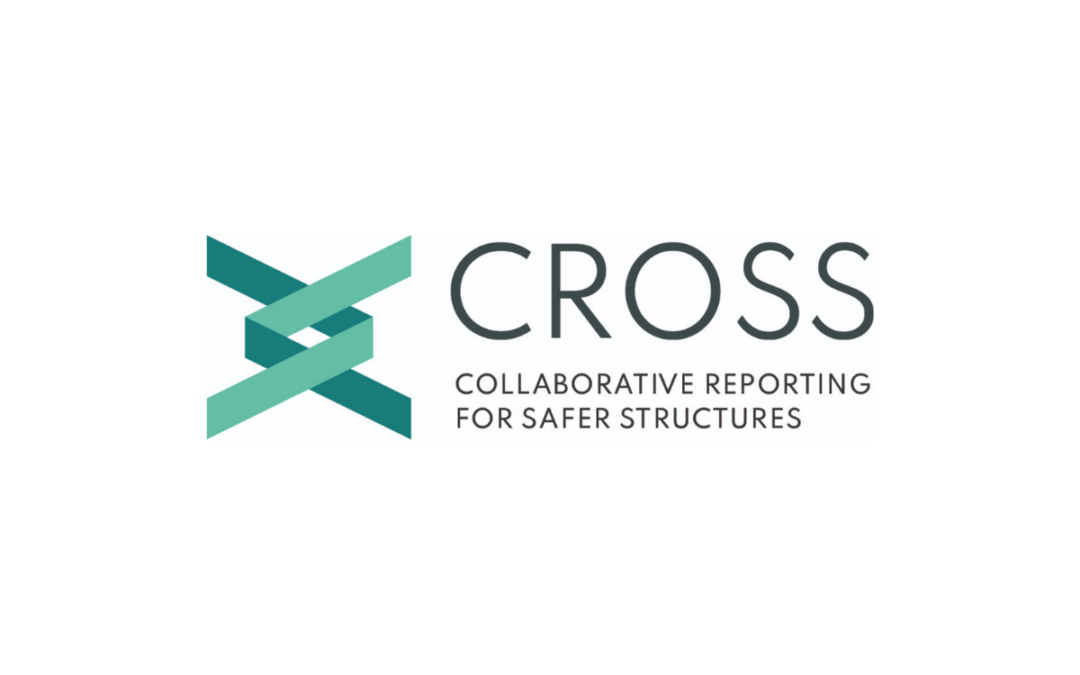The latest report published on the CROSS (Collaborative Reporting for Safer Structures) website serves as a timely reminder of the vital importance of clearly defined design responsibilities and scope management on construction projects.
In this case, a scope gap emerged on a residential timber frame project involving houses and apartments. The substructure was designed by a structural engineer, while the superstructure was designed by a specialist timber frame manufacturer. However, no party had assumed design responsibility for the outer leaf brickwork, raising serious safety concerns related to masonry properties, cavity ties, lintels and movement joints.
The report highlights a recurring issue in project delivery, unclear or poorly defined scopes of work, particularly where multiple design parties are involved. The absence of clarity not only results in design liability confusion, but also poses real risks to structural integrity and safety.
“It is essential that design responsibilities are clearly allocated and agreed from the outset. When interfaces are left undefined, critical elements may fall through the gaps, with potentially dangerous consequences.”
— FIS Technical Team
The key learning outcomes for project stakeholders include:
-
Clients and project managers must ensure that package scopes include all interfaces and that responsibilities are explicitly defined and assigned.
-
Package suppliers should review scope definitions thoroughly before contract sign-off, ensuring they understand and accept all interfaces relevant to their work.
FIS continues to stress the importance of scope management and clear documentation as part of responsible contracting and good procurement practice, key pillars of our Responsible No Campaign. This case reinforces the message that good design and construction rely on early engagement, clear roles and responsibilities, and a shared commitment to best practice.
To read the full CROSS report:
Design responsibility for timber frame houses and apartments
If you’d like to discuss design risk management or share concerns from your projects, please contact the FIS Technical Team at info@thefis.org.

